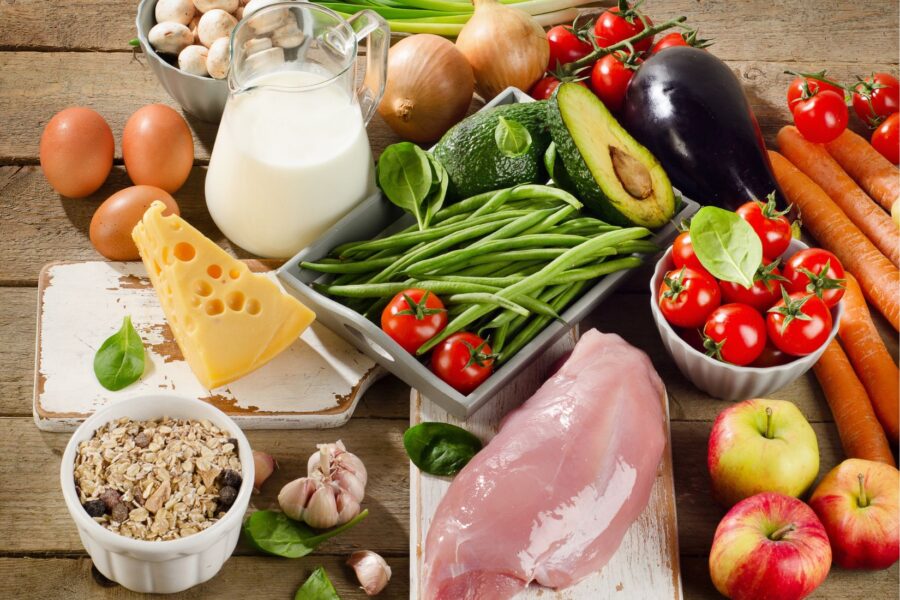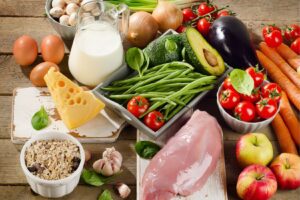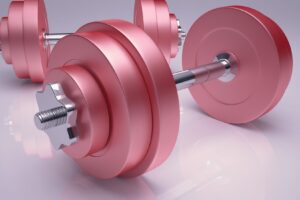March is National Nutrition Month. Good nutrition is crucial for a healthy mind, body, and soul. Reading our post, Diet Fit, will help you with what a good, healthy, balanced diet looks like. But, did you know that consuming the right nutrients before a workout, game, event, practice, etc., helps provide your body with the energy it needs for optimal performance and recovery. To help you with pre-workouts, games, etc., here are some general guidelines on what to eat before:
1. Carbohydrates:
* Why: These foods provide a steady release of energy and help sustain your endurance during the workout.
* Options: Complex carbohydrates: Choose foods that are rich in complex carbohydrates, such as whole grains, oats, quinoa, sweet potatoes, and brown rice.
2. Proteins:
* Why: Protein helps with muscle repair and maintenance.
* Options: Lean protein sources: Include lean proteins like chicken, turkey, fish, tofu, Greek yogurt, or beans.
3. Fats:
* Why: While fats take longer to digest, they can provide a sustained source of energy.
* Options: Healthy fats: Incorporate sources of healthy fats, such as avocados, nuts, seeds, or olive oil.
4. Hydration:
* Water: Drink plenty of water throughout the day and especially in the hours leading up to your workout to ensure proper hydration.
5. Timing:
* Why: This allows time for digestion and nutrient absorption.
* Options: Consume a balanced meal containing carbohydrates, proteins, and fats about 1 to 3 hours before your workout.
6. Considerations:
* Digestive sensitivity: Pay attention to how your body responds to different foods before a workout. Some individuals may prefer easily digestible options to avoid discomfort during exercise.
Examples of pre-workout meals/snacks:
* A whole grain wrap with lean protein (chicken, turkey, or tofu) and veggies.
* Greek yogurt with berries and a sprinkle of granola.
* Oatmeal topped with banana slices and a spoonful of nut butter.
* Brown rice or quinoa bowl with grilled vegetables and a portion of lean protein.
* A smoothie with fruits, Greek yogurt, and a scoop of protein powder.
It’s important to note that individual nutritional needs can vary based on factors such as the type, intensity, and duration of the workout, as well as personal preferences and dietary restrictions. Experiment with different pre-workout meals and snacks to find what works best for you. Additionally, it’s a good idea to avoid foods high in fat and fiber immediately before exercise, as they can cause digestive discomfort. If you have specific dietary goals or health concerns, consider consulting with a registered dietitian or nutritionist for personalized advice tailored to your individual needs. When you don’t eat something, then you are working out, playing your game, training, etc., on an empty tank. And as we all know, empty tanks go absolutely no where! The key is to fuel your tank for what is to come!




Recent Comments